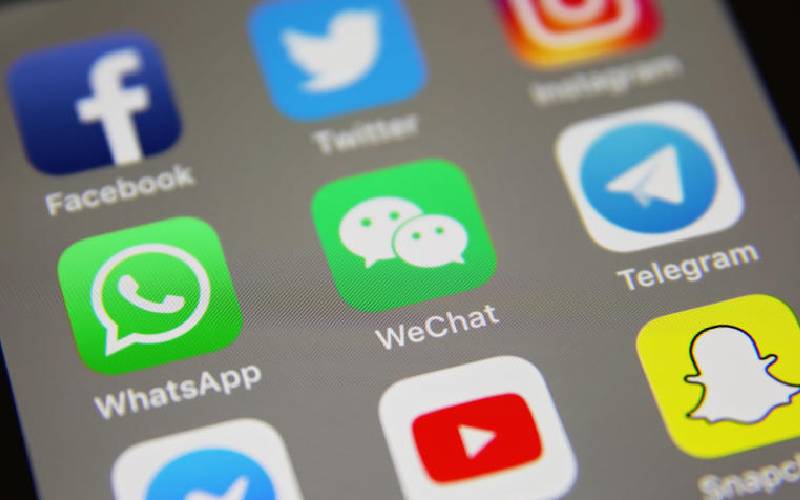×
The Standard e-Paper
Stay Informed, Even Offline

Generation Z also referred to as zoomers, is the demographic cohort succeeding millennials and is generally between the ages of 10 and 25, born between 1997-2012.
This generation has been accused of being heavily addicted to smartphones, which has not only affected their careers but also their social well-being and health.







